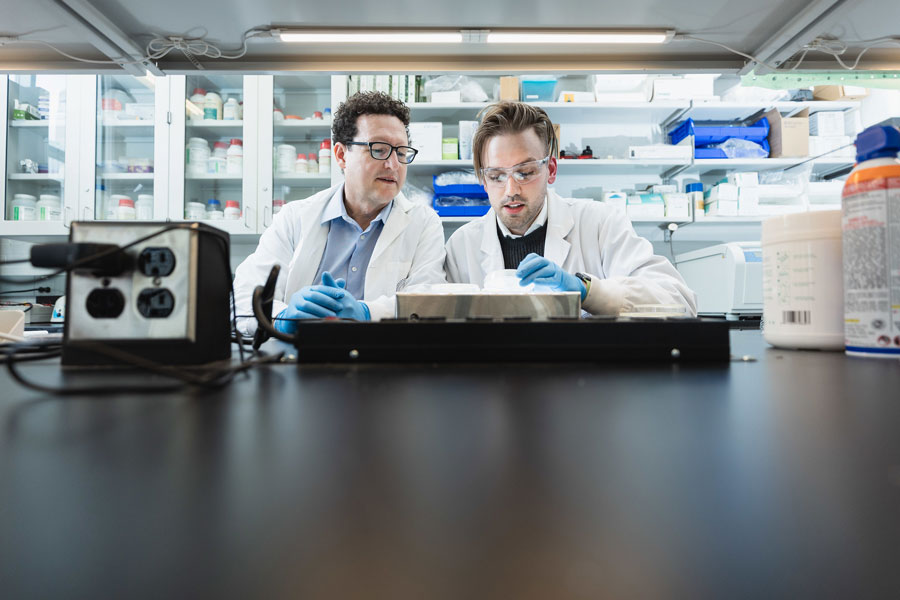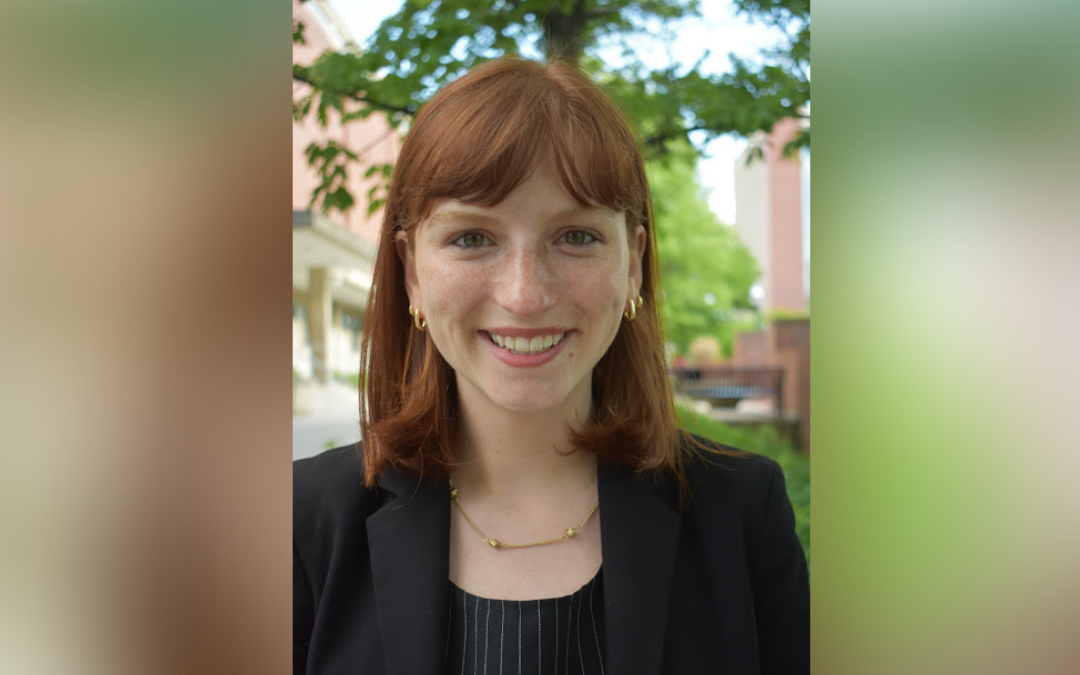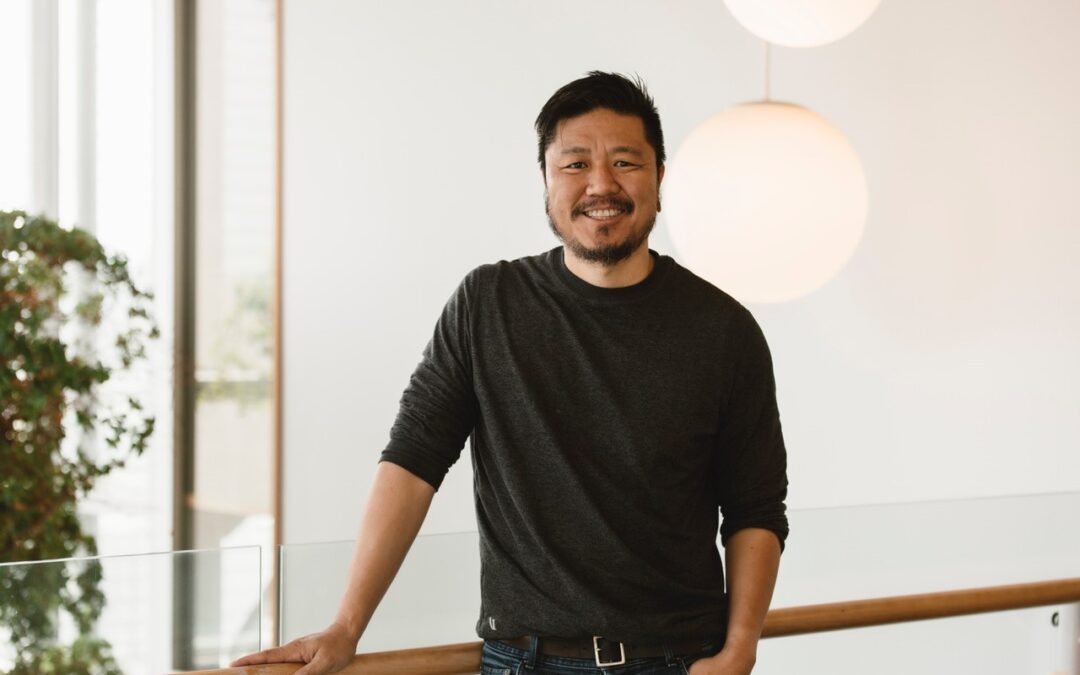
How bending implantable medical devices can enable infectious organisms to gain a toehold
A study from U of T Engineering researchers shows that mechanical deformation of medically implantable materials — such as bending or twisting — can have a big impact on the formation of potentially harmful biofilms. The study, described in a paper published in Scientific Reports, shows that even slight bending of elastomeric materials such as polydimethylsiloxane (PDMS), also known as silicone, opens up microscopic cracks that are perfect environments for colonizing bacteria.



